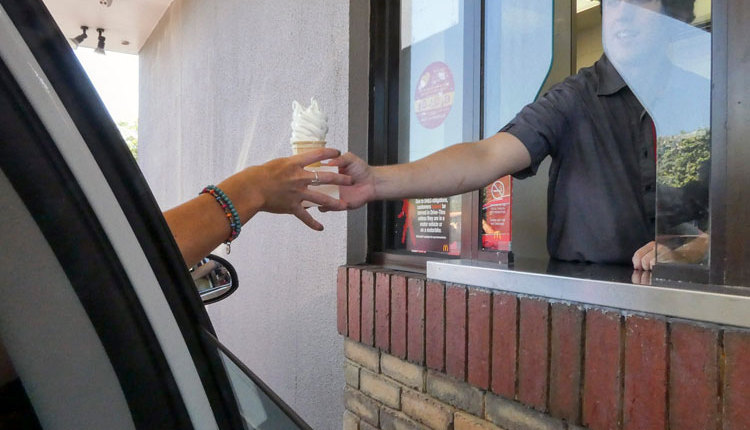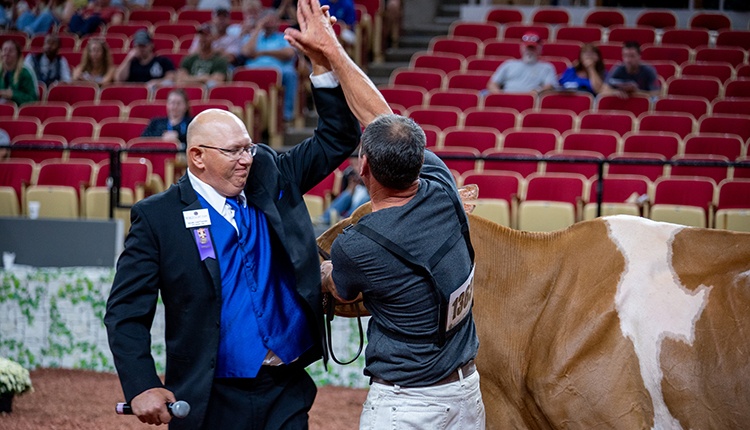
Perhaps you are a person who works full time at another job but dreams of owning a small farm someday. Or maybe you already operate a farm but want to add another enterprise or start a side business. Whatever your aspirations may be, some of the first steps in making this goal a reality is to create a plan and secure funding.
That was the topic discussed in a University of Wisconsin Division of Extension webinar, titled “Your farm startup: where to begin and who can help?” One of the speakers was Andy Larson, the Farm Outreach Specialist for the Food Finance Institute at the University of Wisconsin-Madison. With personal experience as a banker, extension educator, and farmer, one of his first pieces of advice was to “get some dirt under your fingernails.”
“Try it first,” Larson said. He recommended starting on a very small scale just to test the waters. As an example, he shared that before his family started their egg selling business, they first raised a few backyard chickens to get a small taste of what this enterprise would be like.
Another option would be to serve as an intern or apprentice on another farm that is doing something similar to what you want to do. He said this is a great way to learn about production and market characteristics without making a financial commitment.
“Only real-life, on the ground experience can tell you whether your passion stands up to the daily grind,” he said.
Then, when it comes to formulating plans for the business, “Begin with the end in mind,” Larson advised. “Financially, what do you want your farm to do for you?”
One must determine if this enterprise is going to be a hobby, a revenue generating business, or somewhere in between.
“It is important to lay out what objective you have financially for your farm,” Larson said. “Do some ‘back of the envelope’ math before you ever start.”
It is likely you will need to secure some funding to get your operation off the ground. “The initiation of your business is the hardest part to finance,” Larson said, “because you can’t show a lender your history or experience.”
The funding, he explained, is often going to have to be whatever you pull together. This could come from personal or retirement savings, friends and family members who are willing to invest in you, fundraising, crowdsourcing, or taking out a personal loan.
“The bootstrapping phase is always tough. Be prepared for it,” Larson said.
When it comes to finding a lender to support your vision, Larson said to choose one that knows at least a little bit about farming, and it’s even better if it is a lender you already have a relationship with. Find someone who has time and motivation to work with a small business.
Be prepared to put up some capital toward the venture. “They want to make sure you are committed,” Larson shared. “There needs to be some of your own funds to go into that investment.”
When you meet with the lender, bring your tax returns and a balance sheet showing an inventory or what you own and what you owe. Larson said to prepare your monthly income and expense projections, at least extended out to the first year, and bring a plan including your past experiences and qualifications.
“It’s a beast. Finding money is hard, but it is worth the effort,” Larson summarized. “It has you go through a detailed planning exercise that is going to make you a stronger entrepreneur with a more viable business model.”

The author is the senior associate editor and covers animal health, dairy housing and equipment, and nutrient management. She grew up on a dairy farm near Plymouth, Wis., and previously served as a University of Wisconsin agricultural extension agent. She received a master’s degree from North Carolina State University and a bachelor’s from the University of Wisconsin-Madison.








